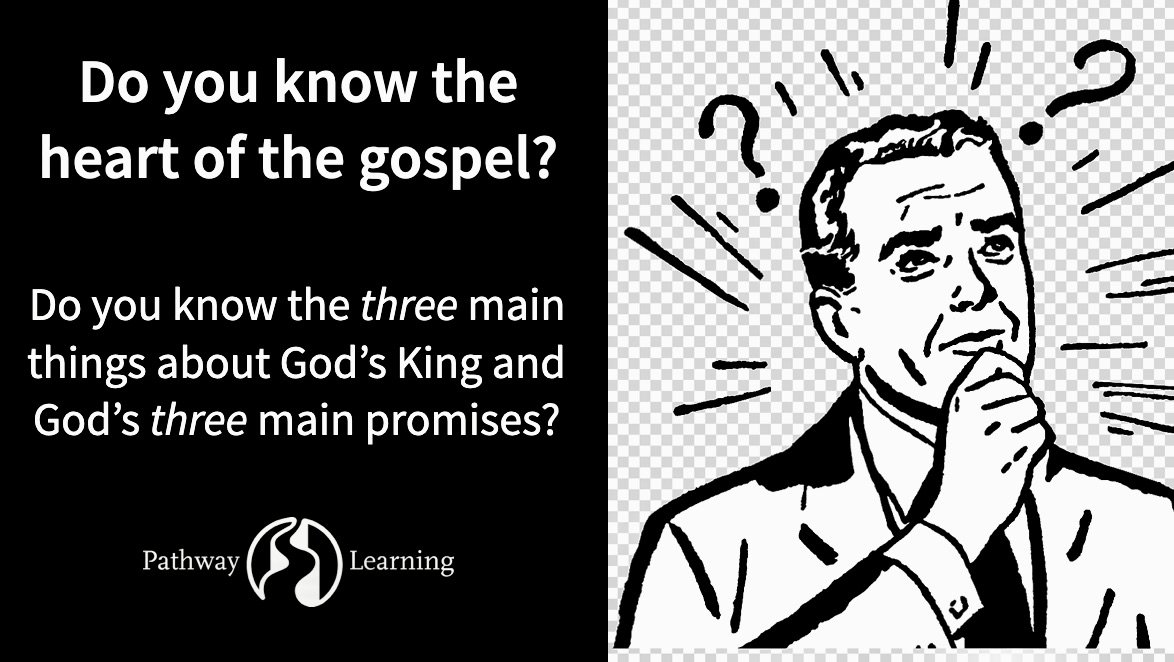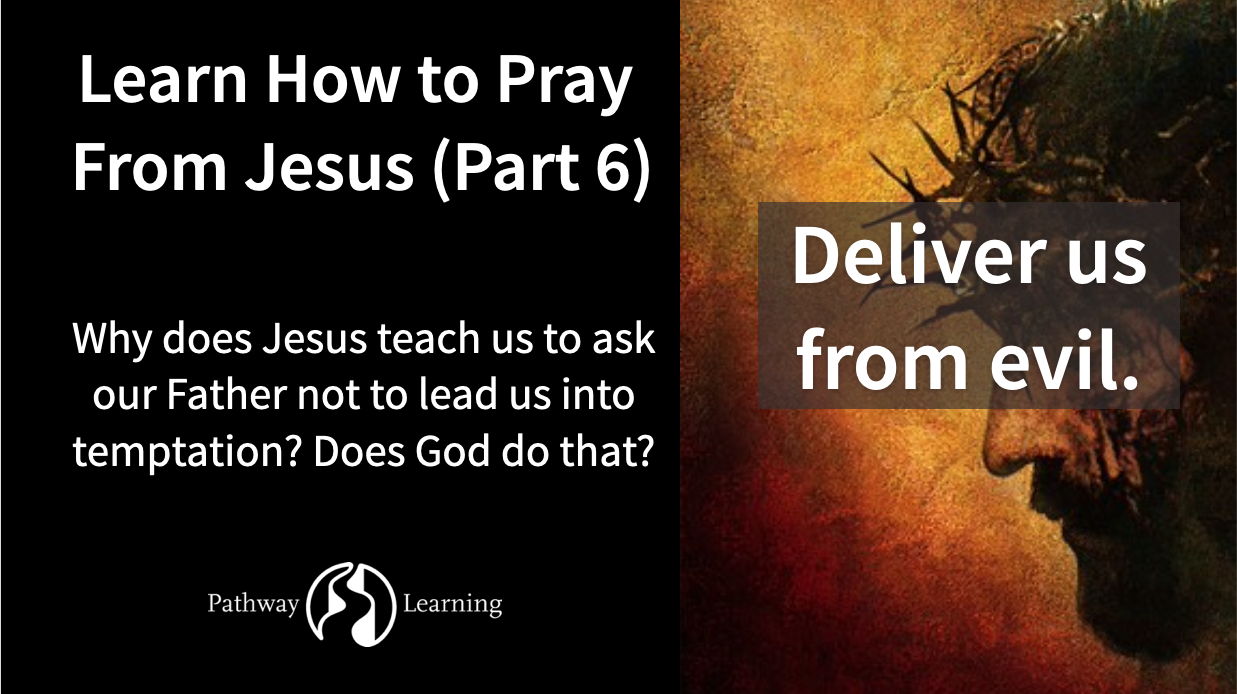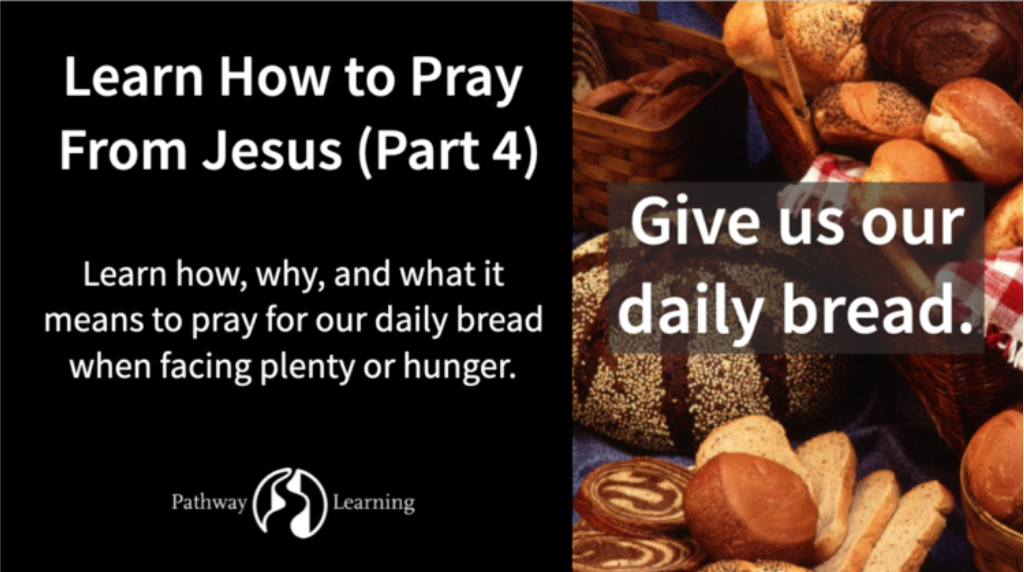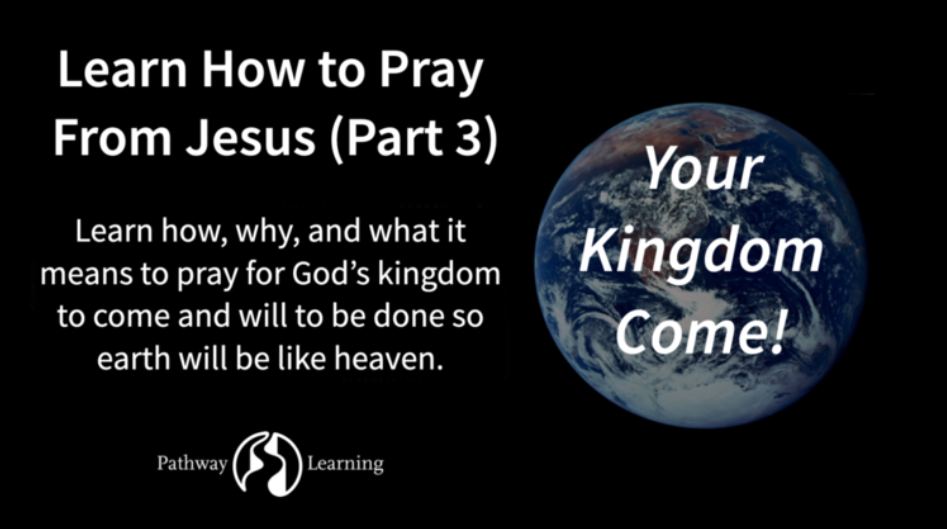
Pathway Learning Blog
Access our growing library of hundreds of blog posts covering topics relevant to church leaders. Preview and read these blog posts now.
SEARCH THE BLOG
Looking for something in particular? Search our hundreds of blog posts on topics of interest to church leaders.

Pop Quiz: What is the Gospel? Part 2
The heart of the gospel of the kingdom is the good news about God’s King whom the Apostle Mark calls, “Jesus Christ, the Son of God.” The Scriptures present Jesus at the center of the biblical story of salvation. Learn three things about God’s King and three promises God makes to all who will follow him in repentance and faith.

Pop Quiz: What is the Gospel?, Part 1
How would you answer the question, “What is the gospel?? Compare your answer with Jesus’ answer. In this first of two articles, learn how the Bible gives us a broad understanding of the gospel in several unfolding historical events that reveal the Triune God’s purpose for the whole universe and in particular the human race.

Praying the Benediction (Theology of Hope, Conclusion)
In this article, we learn why church leaders probably added this benediction to the Lord’s Prayer (based on King David’s temple prayer) and why we should pray it.

Praying for Our Protection (Theology of Hope, Part 6)
What does it mean to ask our heavenly Father not to lead us into temptation? Will God purposefully lead us into situations that will tempt us to sin? The idea that God would lead us into temptation has confused and troubled many followers of Jesus throughout history.

Praying for Our Forgiveness (Theology of Hope, Part 5)
Why should believers who are justified continue to confess their sins? In this article, we learn how and why Jesus teaches his followers to pray for forgiveness.

Praying for Our Daily Bread (Theology of Hope, Part 4)
In this article, we learn that in any and every circumstance, when facing plenty or hunger, Jesus instructs us to keep asking our heavenly Father to give us each day exactly what we need to honor his name and carry out his will–and then trust in him and his promise to give us exactly what we need.

Praying for Our Father’s Kingdom and Will (Theology of Hope, Part 3)
We can’t fully understand the meaning of the first petition “Hallowed be your name” apart from understanding the meaning of the second and third “Your kingdom come” and “Your will be done.” This is because the Father’s name is hallowed by the coming of his kingdom, and the way the Father’s kingdom comes is by his will being done on the earth.

Praying that Our Father in Heaven will Hallow His Own Name (Theology of Hope, Part 2)
In this Applied Theology series of courses and books, you’ll learn a Trinitarian theology of faith, hope, and love by understanding and applying to your life what the Bible teaches about: 1) Faith found in the Apostles’ Creed, 2) Hope found in the Lord’s Prayer, and 3) Love found in the Ten Commandments.

Understanding Hope and the Lord's Prayer (Theology of Hope, Part 1)
In this Applied Theology series of courses and books, you’ll learn a Trinitarian theology of faith, hope, and love by understanding and applying to your life what the Bible teaches about: 1) Faith found in the Apostles’ Creed, 2) Hope found in the Lord’s Prayer, and 3) Love found in the Ten Commandments.

Introducing a Theology of Hope: Biblical Exposition of the Lord's Prayer by Dr. John Frame
Introducing “Theology of Hope: A Biblical Exposition of the Lord’s Prayer”. Learn how to develop a strong hope rooted in the rich, biblical truths found in the Lord’s Prayer that will help you apply God’s Word to all areas of your life.

The Lordship Catechism: An Introduction (The Lordship Catechism, Part 1)
In the Spring of 2021, a new catechism was launched – The Lordship Catechism. Like many catechisms before it, it contains echoes of previous catechisms. The authors and compilers, Drs. John Frame and Steve Childers, draw from many ancient, and traditional formulations of Christian doctrine. This catechism is uniquely Trinitarian in nature and structure, connecting us back to the ancient, historic method that uses the Trinity as an organizing structure for studying Christian theology.

"Who is God?" (The Lordship Catechism, Part 2)
This catechism is uniquely Trinitarian in nature and structure, connecting us back to the ancient, historic method that uses the Trinity as an organizing structure for studying Christian theology. In this exposition and commentary on the question "Who is God?", you’ll learn from Scripture about the supremacy of the Triune God as LORD in all things

"What is God?" (The Lordship Catechism, Part 3)
This catechism is uniquely Trinitarian in nature and structure, connecting us back to the ancient, historic method that uses the Trinity as an organizing structure for studying Christian theology. In this exposition and commentary on the question "What is God?", you’ll learn from Scripture the meaning and practical applications of Jesus' statement "God is spirit."

Introducing the Learner Guide for Adults and Children (The Lordship Catechism, Part 4)
In this excerpt from the Lordship Catechism Learner Guide question "Who is God?", you’ll learn how both adults and children can develop a mind for truth, a heart for God, and a life for ministry rooted in God's Lordship as Creator, Redeemer, and Restorer.

Learner Guide for Adults and Children: "What is God?" (The Lordship Catechism, Part 5)
In this excerpt from the Lordship Catechism Leaner Guide question “what is God?”, you’ll learn from scripture the meaning and practical application of Jesus’s statement, “God is spirit.”

Why Look Forward to Your Resurrection and the Life to Come, Part 2 (Faith in Theology, Part 9)
The highest blessing in the world to come is the restoration of our “face to face” relationship with God through which will flow the restoration of all our other relationships that God ordains for human flourishing – including our relationships with ourselves, others, and our work.

Biblical Exposition of the Creed by John Frame (Faith in Theology, Introduction)
We are summarizing the theology of the Bible in three categories, faith, hope, and love. These have been called “theological virtues,” and in 1 Cor. 13:13, the Apostle Paul describes them as the things that “remain,” when our childhood ignorance passes into complete, godly knowledge.

Understanding the Faith and Creeds (Faith in Theology, Part 1)
In the Applied Theology series of courses, you’ll learn a Trinitarian theology of faith, hope, and love by understanding and applying to your life what the Bible teaches about: 1) Faith found in the Apostles’ Creed, 2) Hope found in the Lord’s Prayer, and 3) Love found in the Ten Commandments. You’ll learn from God’s Word that: A mind that is renewed by faith and a heart that is aflame with hope results in a life that honors God by loving him and others deeply and well.

Why Look Forward to Your Resurrection and the Life to Come, Part 1 (Faith in Theology, Part 8)
The historic Nicene Creed ends with the statement, “We look forward to the resurrection of the dead, and the life in the world to come.” It’s easy to affirm these words with our mouths, but it’s often hard to experience the reality of these words in our hearts. Most Christians today don’t seem to be looking forward to their resurrection and the life to come described in Scripture.

Our Trinitarian Faith: The Apostles’ Creed (Applications in Theology, Part 2)
Everything in theology is ultimately about the revelation of the person and work of the Triune God in Scripture as Creator, Redeemer, and Restorer. So, instead of studying the doctrine of the Trinity as only one of several topics in theology, all other Christian doctrines should be studied in light of the Trinity.
